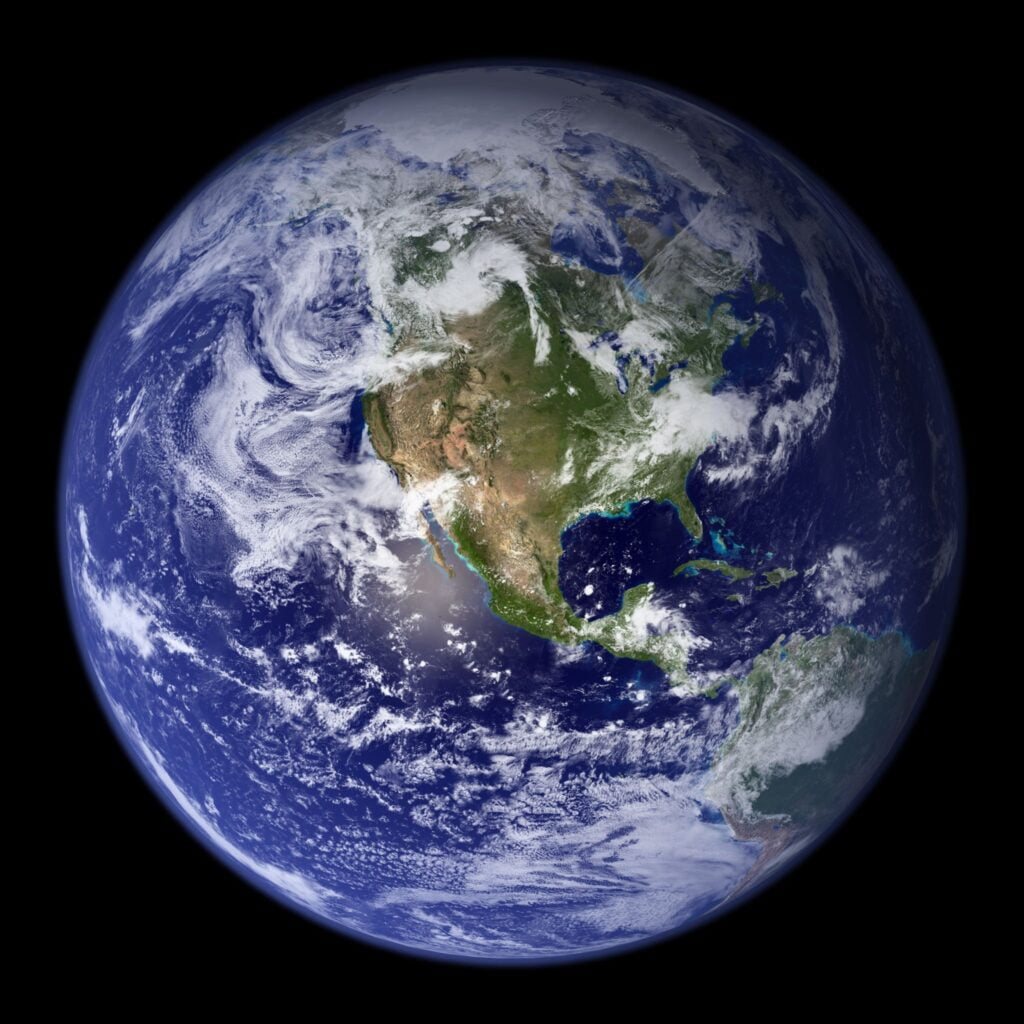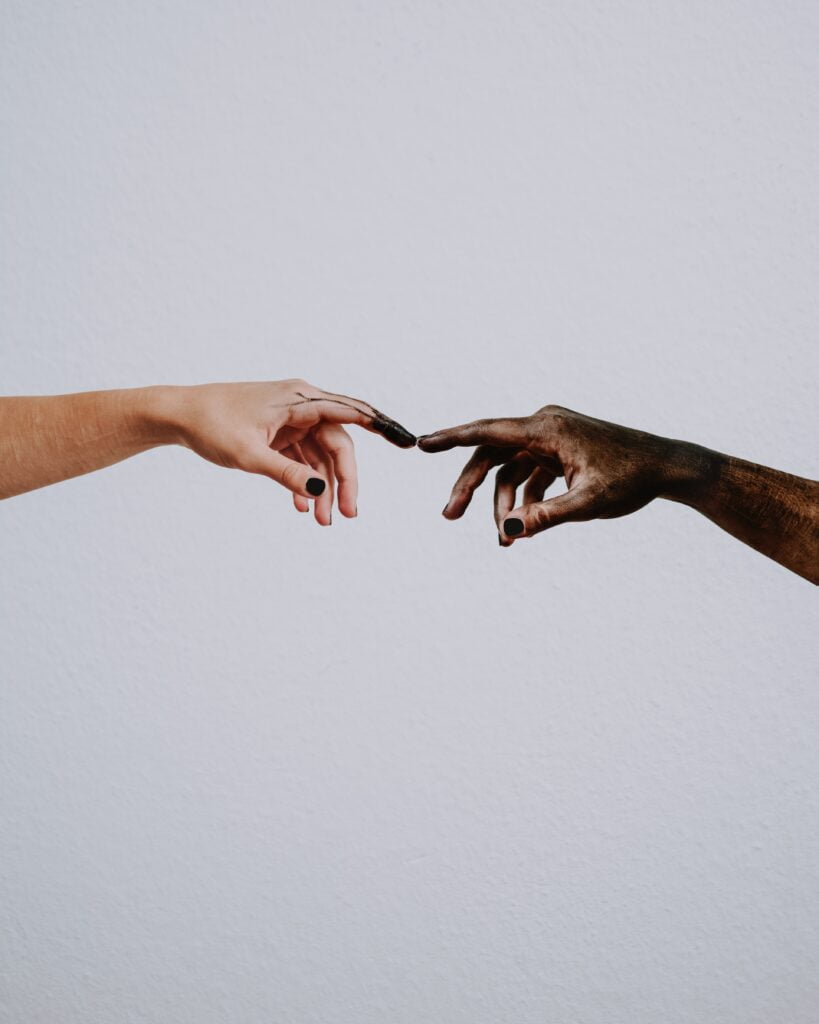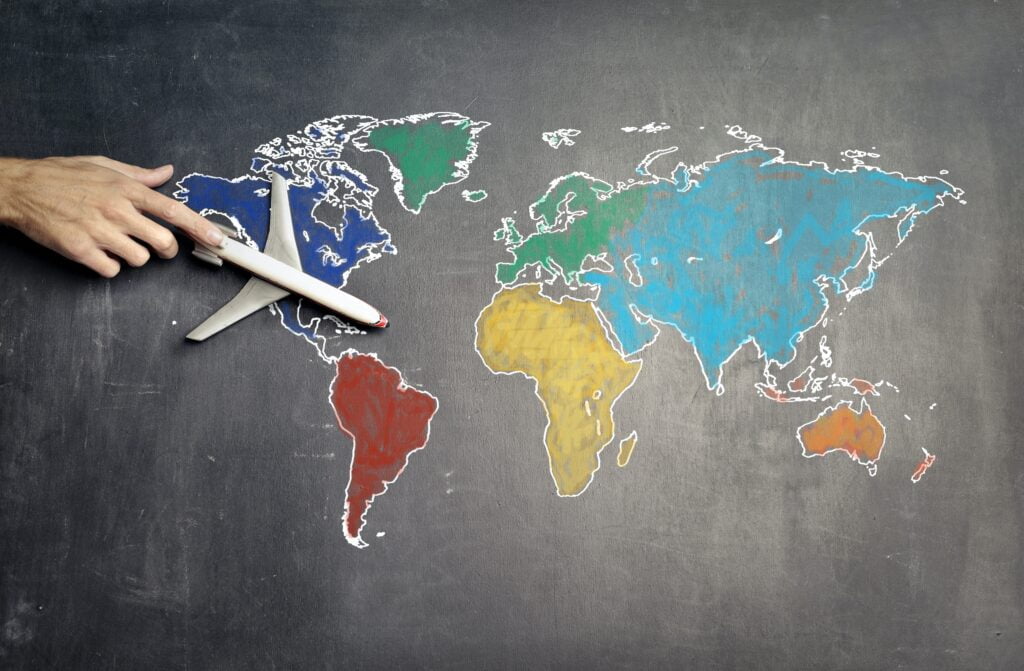Do we need to wait until adulthood to be able to make an impact on the world? For many youngsters in this generation, the answer is certainly “no.” In truth, many kids and young adults are answering the call to become exemplary global citizens early on in their lives.
Modern global citizenship education has empowered them with the mindset and the tools to change the course of the world for the better—and just in time, given how affected they themselves are by events like the digital revolution and the COVID-19 pandemic.
So, what exactly can young people learn about global citizenship, and how can they nurture it from their early childhood to their teenage years? Here are some perspectives about the important lessons that kids can learn about becoming global citizens, which they can gain through life experiences and through formal education, like when they enrol in an international baccalaureate Singapore program.
Belief in Your Ability to Contribute Towards the Greater Good
The first building block of global citizenship that a child can learn—even before they learn how to read and write—is how much good they are capable of. When a child perceives for themselves that their words have weight, that they can make others happy with their presence, and that small actions of theirs can have a ripple effect, they’ll believe that they have a role to play in the common good of their home community and the world at large. The adults in a child’s life must help them understand what impact their individual actions have, and what the good actions can eventually add up to. This is one of the best precedents for the constant practice of good global citizenship, and it should therefore be encouraged during a child’s growing years.
Curiosity about the Potential and Limits of the World
The second lesson that a child can learn about how to be a good global citizen is how to ask questions about the world around them. Adults should nurture a child’s natural inquisitiveness and slowly guide them through answers to the tough questions, including how society works, what local and global laws are for, and why issues like conflict and inequality continue to exist in the world. The extent of what kids can learn about particular issues varies per age and school grade level, but it’s good to welcome their questions and get thoughtful conversations going as soon as possible.
Empathy for People from Different Backgrounds
Third, children can learn how to empathize with people who hail from different ethnic, economic, or religious backgrounds. When children develop empathy, they become aware that there’s no single way for a person to live their lives. They’ll also learn about the common ground they share with people who seem drastically different from them, which will be of key importance when they practice global civic responsibility. The child’s role models should be proactive about teaching them empathy and should also demonstrate it, or “walk the talk,” in a child’s presence.
Awareness of Life in Dynamic Communities
Fourth, children should get some perspective about the communities that exist outside of their home culture, country, or religious group. The earlier they’re exposed to other communities that are socially, culturally, and economically diverse, the better it will be for their social skills. This is especially important if the child’s family is integrating into another community outside of the one they came from, or if the child has any dreams of studying or working abroad in the future. Awareness and appreciation of other communities will help them adjust to life outside of their bubble, which will, in turn, allow them to treat people from these communities with respect.
Care for the Environment
Fifth, one of the most urgent lessons for a child to learn in their quest to become a globally minded person is that they should care for their environment. In the midst of problems like pollution, deforestation, animal cruelty, and the climate crisis, kids should be aware that they only have one world to live in and that they can do their part to be good stewards of the earth. They can learn and practice earth-friendly habits, like recycling and mindful usage of their resources, from an early age. These habits should be cultivated by both kids and the adults in their lives, and they should be sustained at home, in the classroom, and other places where the child leaves an environmental footprint.
A Desire to Shake Up the Status Quo
Lastly, a child can learn about the difficult realities that persist in the world and develop their desire to change it for the better. After all, for many other children across the globe, experiences like poverty and injustice have been real and perceivable to them since they were very young. The desire to shake up the status quo and do something to improve it will serve as a powerful foundation for good global citizenship in the long run. A child should be motivated to ask critical questions about why these things happen, and they should be allowed to imagine how life can be better for themselves and their contemporaries.
Final Words
The lessons listed above are lessons that kids can learn from their parents, teachers, guidance counsellors, and co-curricular mentors, as well as from other kids. For adults who have a stake in a child’s global education, it won’t be hard to find resources on how to teach kids the concept of global citizenship and how to model global citizenship in the classroom and other learning environments.
It’s never too early for a child to carve a global path for themselves and to start helping others contribute to a brighter future. If you’re a parent or a guardian who’s tasked to guide them through this experience, do your best to support the child as they grow into good global citizens.





3 comments
Can you tell me who can help with writing essays?
I often find it difficult to complete all of my assignments on time. That’s why I decided to try using an essay writing service. The benefits are clear: the writers are experienced and knowledgeable, the pricing is affordable, and the delivery is timely. I was able to focus on other aspects of my studies while the writing service took care of my essay. If you’re in buy essay uk with your academic work, I highly recommend giving an essay writing service a try.
Greetings everyone! I’m Miranda, a student on a quest for a platform ensuring personalized, well-researched content from qualified specialists. Look no further than for paper writer for hire https://hirepaperwriters.com/ . Their dedication to quality, timely delivery, and confidentiality guarantees seamless operations. Enhance your academic projects by opting for our recommended site, connecting you with expert writers tailored to meet your unique research paper needs.